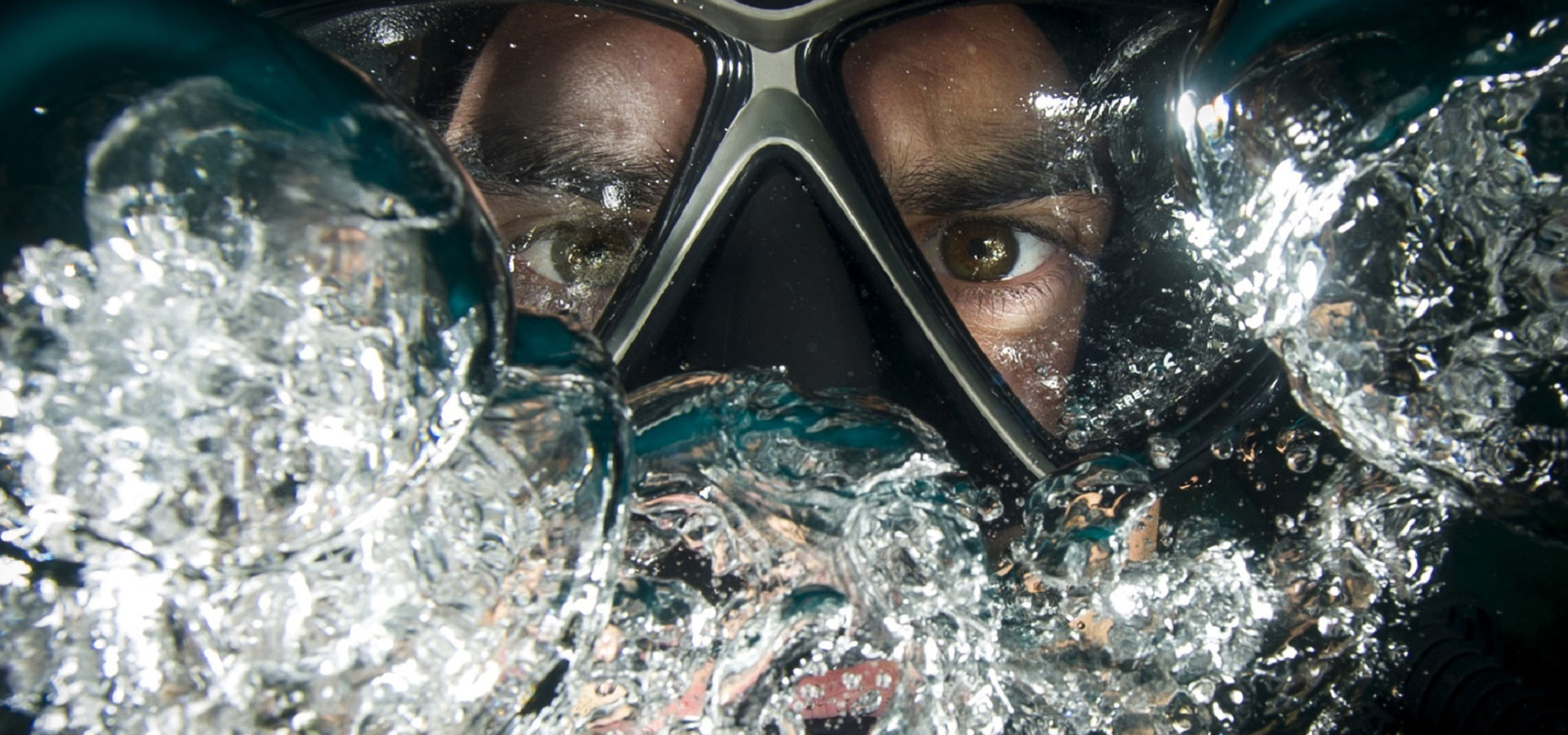
Go On Tell The World You’re Nuts
I’ve recently worked with a handful of brands that are in uniquely innovative positions as trailblazers of new technologies. They’re cultivating valuable intellectual property, and in some cases, crafting life-changing products and concepts. Most of them are void of competition as no other brand is in pursuing exactly the same idea. To keep a sense of sanity in our work together, we’ve collectively adopted the maxim from Larry Ellison,
“When you innovate, you have to be prepared for the world to tell you that you are nuts.” Fitting.
In our society’s current escalation of groundbreaking and innovative concepts, companies are unveiling uncommon practices that will forever change the way we engage and view business and resources. Seth Godin suggests that we think like artists when pursuing entrepreneurial endeavors rather than pigeonholing ourselves into traditional roles such as that of chef (power), cook (executor) or bottle washer (the dirty work doer). His adaptation of artist-meets-entrepreneur suggests that businesses have a greater propensity to be transformational and generous, promoting possibility, change, rapid progress and success.
A collection of emerging and innovative companies have envisaged their business through this very artist-lens, resulting in cutting edge, uncommon and successful new organizations. Some are evolving outdated systems or identifying solutions within completely new categories. Others are connecting to people who are disconnected—an intentionally precise shift away from trying to wrangle the masses and attempting to connect in a meaningful way to people instead.
In many cases, the iOS and Android platforms have allowed technological advancements to be delivered directly to the palm of our hands, inexpensively, remotely, accurately and unexpectedly. These emerging businesses shift our thinking and give us something we didn’t know we needed—but we grow to not be able to live without.
Here are a few Uncommon examples.
Anything you can do, I can do better.
Cree is a company founded in 1987, a group who built obscure technology and high tech componentry for LED products—namely those bulbs sparking a revolution in the lighting business. After watching their innovation packaged inside other companies’ products, the team at Cree decided they could do it better themselves, so they set out to do so. With a handpicked team and a few years of R&D in a secret squirrel location, Cree launched their own LED bulb. Just two years after the launch, they’re the best selling LED light in America. Considering there is only 2% penetration in the LED market and nearly 5 billion A-type old school bulbs to replace, Cree has a bright future ahead.
You don’t have to be a doctor to save lives.
40-60% of people who are ordered a blood test by their physicians do not follow through, and as a result miss commonly diagnosed medical ailments. This large audience hides in avoidance due to a variety of issues—fear of needles, lack of insurance, or the time necessary to complete the test because of the inconvenience involved in getting to a designated lab. Theranos has taken the baton to help solve this problem. Led by their founder (who has admitted she is scared silly of needles), they have set out to ensure that blood testing can be done more quickly, conveniently and inexpensively—ultimately saving more lives. Theranos’ test has a fee of just $2.99 for a cholesterol test (roughly $50 in a lab) and is currently beta testing in a handful of drugstores across the country where a local technician can administer the blood test in a matter of minutes. Theranos is dripping with disruptive innovation.
Safety, meet big intelligence.
Founded by a group of Harvard engineers, Mark43 utilizes their proprietary cloud-based technology to make crime management smarter, more efficient and accountable. Their system and app is continuously refined from a methodical and anthropological approach. The founders place themselves in live situations with officers on the streets and through extreme military training at West Point. These experiences help them gauge real-world conditions and adjust the system accordingly with a younger first responder population who are savvy with social media and new interfaces. This new system has been implemented by the LA County Gang Taskforce and has other major metropolitan deployments in process. Mark43’s new 30 minute process has shaved hours off the old legacy systems, and its algorithm-based app aggregates data from a variety of resources including social media activity, phone records and police reports to help narrow the focus on the nearly 180,000 felons currently at large in the US. 180,000!!
The list of brands thinking like artists is growing and will continue to proliferate sectors of business worldwide, evolving and delivering uncommon thinking and ideas. If you’re contemplating the entrepreneurial route, what questions are you asking yourself? Are you looking through an artist’s lens? If so, what are some of your favorite uncommon brands and what makes them unique? What problems can you solve that others have not? Which consumers are unconnected? Where are the voids in the market? Where is there an opportunity for a better mousetrap? Where can you inject your passion? The answers to many of these questions have led unconventional businesses down a path of great success.
So go ahead, be Uncommon.


Uncommon Person: Chad Hutson

Our Internal Learning & Impact at Bulldog Drummond

The One Decision by Employers in 2021 that Means Everything

What I Wish I Knew

Standing Up Inside

Uncommon Person: Gregg Imamoto

Five Things Every Company Should Know about ESG

Redefining Value

Uncommon Person: Chris Baréz-Brown

It’s Time For A Whole Lotta Common Good

Did You Choose Humanity?

Uncommon Partnership: Violux

Here’s How

Uncommon Person: Santhosh Nair

Designing Strategy For A Complex World

Responsibility & Relevance for Brands

